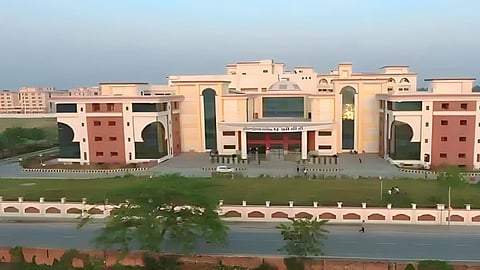In a concerning revelation, at least 60 medical colleges across India are not paying any stipend to their interns and residents, while over 50 are offering a nominal amount of ₹5,000 or less. The data came to light through a Right to Information (RTI) reply by the National Medical Commission (NMC).
How It Was Found
Kerala-based health activist Dr. KV Babu had filed an RTI on April 2, 2025, seeking a stipend breakdown for interns, postgraduate residents, and senior residents for the financial year 2023–24. In response, the NMC shared a list of 753 medical colleges.
The reply revealed that 33 government and 27 private colleges paid zero stipend, and more than 50 others paid less than ₹5,000.
State-wise distribution
Among the government colleges with no stipend:
Karnataka: 6
Maharashtra: 6
West Bengal: 6
Andhra Pradesh: 4
Telangana: 2
Gujarat: 3
Assam: 2
Uttar Pradesh: 3
Private institutions include:
NMC’s Response and Past Action
While NMC issues national guidelines, it clarified that stipend enforcement is a state-level responsibility. The commission stated that its role is regulatory and limited to issuing advisories.


